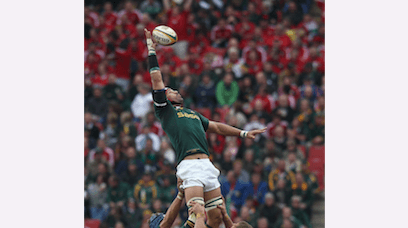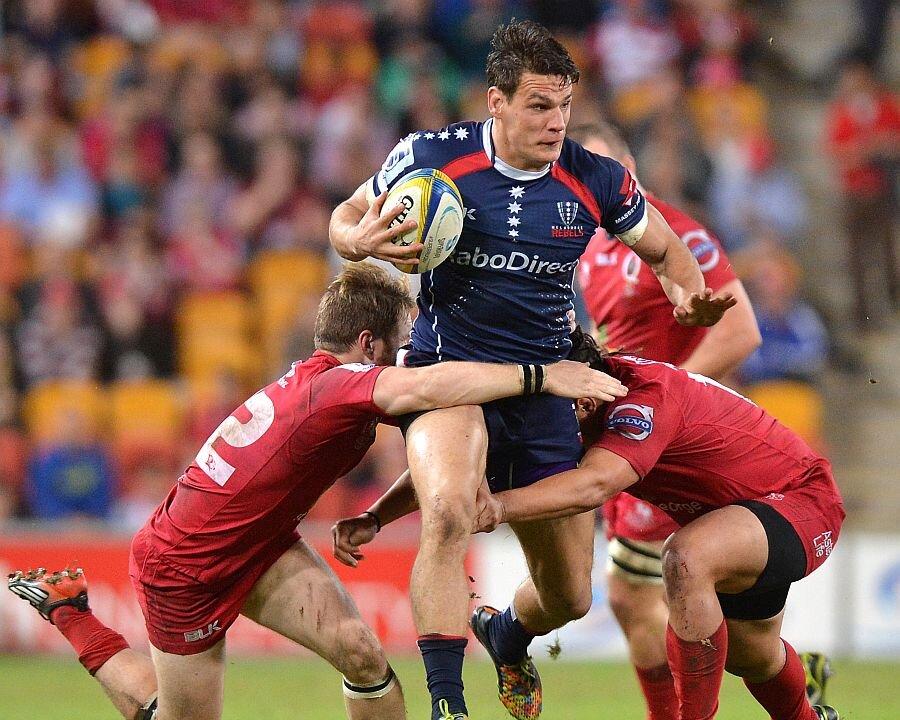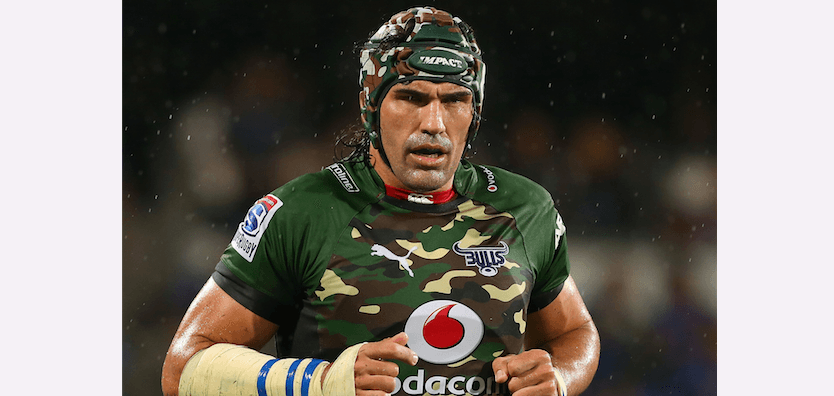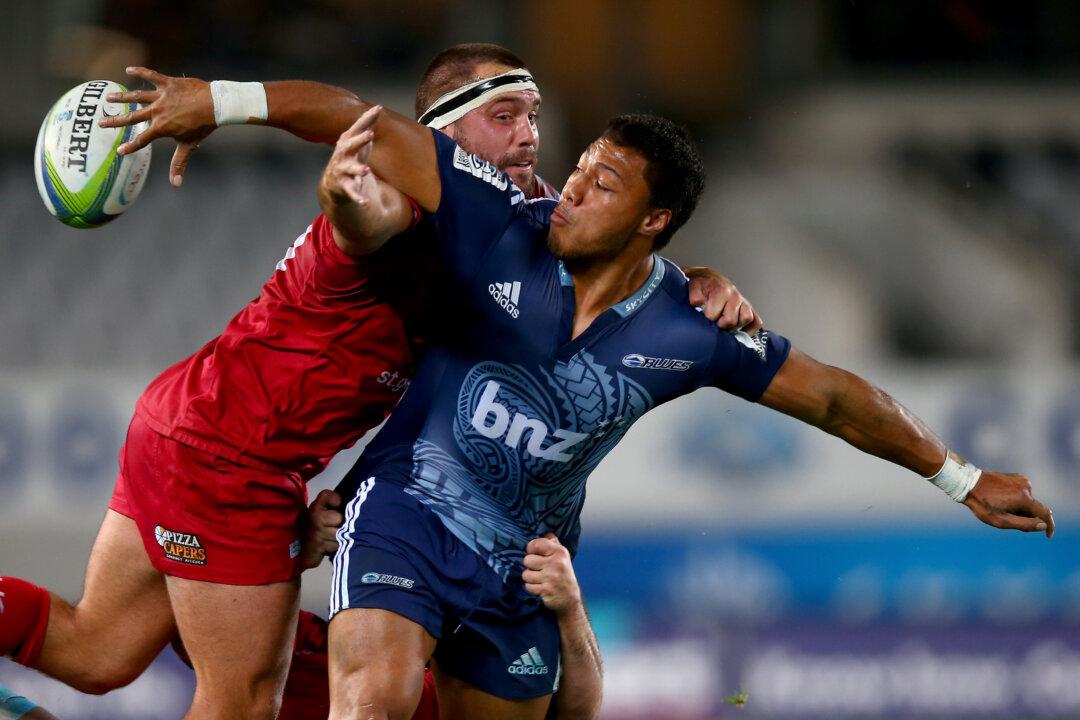An impressive debut by 19-year-old open-side flanker Ardie Savea, helped the Hurricanes beat the Waratahs 41-29 in a crucial game at home in windy Wellington.
Savea’s brother Julian is a Hurricanes regular on the wing and an international representative. Many predict a similar course for Ardie.
The result virtually finishes the season for the Waratahs, who lost largely due to poor defence and a failure to retain their own ball. While ball-retention is a criticism of the Waratahs, it is also a tribute to the rookie-fetcher Savea.
As if to show Ardie who was the first born, big brother Julian coasted in for two tries.
Equally dramatic was the performance of losing flyhalf Bernard Foley, who scored a solo try after zig-zagging through Hurricanes defenders.
Less impressive was the response of coach Michael Cheika, who is in his first year with the Sydney-based Waratahs.
Everything was going to his plan, he said.
He was making fundamental changes, not delivering immediate results. In fact, he hadn’t even looked at the table: “... I don’t think the table is that relevant this season.”
Cheika’s changes include a return to the famed—but almost forgotten—Waratah running game.
Cheika’s promises were met with derision by fellow Australian coaches, Jake White with the Brumbies and Ewen McKenzie with the Reds. White has won a world cup with South Africa and McKenzie has won the Super 15 with the Reds.
White and McKenzie are ruthless winners. Both understand Cheika’s predicament. Both would ruminate over how to exploit the advantage their experience gives them.
Failure is deeply rooted in the modern, Waratah culture it seems—that failure spans coaches and players. Yet the Waratah fan-base is built on the “big end of town,” which is Sydney’s business district.
The team, itself, is filled with international players. The coach has a winning pedigree.
That places enormous pressure on coach Cheika—even before he gets to fan expectations, which are on actual wins.
Cheika may prove sceptics wrong. But, in the meantime, he faces mounting criticism.
Back to why White and McKenzie understand Cheika.
McKenzie coached the Waratahs—like Cheika, he was a local boy made good. He was sacked, then went on to win a Super title with the Reds.
White coached South Africa under the complexities of post-Apartheid Springboks rugby, which had political and rugby agendas. White won a world cup. Then was sacked.
Coincidently, McKenzie is being touted as the likely replacement for sacked Ireland coach Declan Kidney. While White is often named as a possible Wallaby coach.
All that pressure came to bear on this crunch game, where the Waratahs and the Hurricanes were within one point of each other on the table. Victory meant a tilt at the title. Defeat meant the season was all-but over.
Disappointed Waratah fans would gain cold comfort from being told everything was going to plan.
Ironically, Hurricanes coach Mark Hammett is also under pressure. He introduced a new culture that had no place for Hurricanes heroes such as Ma’a Nonu and Andrew Hore, both current internationals. Fellow international Piri Weepu left in protest.
This victory over the Waratahs has brought a deeply divided Hurricanes fan base back behind their side and behind the coach.
Ironically, White’s Brumbies slipped from the top-of-the-table, after drawing with the second-to-bottom Kings.
Peter Lalanaabaravi is a rugby writer with over 30 years experience.




